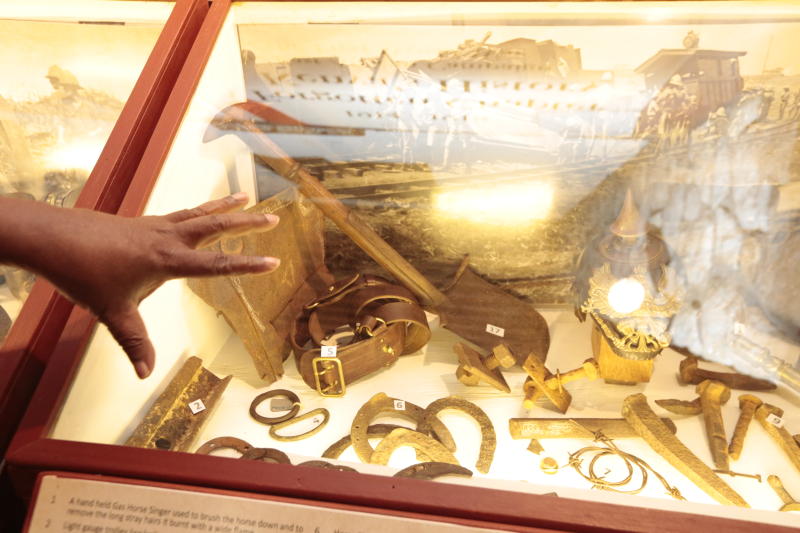
On November 11, 1918, the allies, including the United Kingdom and Germany, signed an armistice agreement in Compiègne, France, marking the end of the First World War in Europe. In Africa, German troops were still fighting until they received news of the armistice and surrendered on November 25, 1918. This concluded the First World War here in East Africa, 100 years ago today. Two weeks ago, our leaders came together to mark the centenary of that historic moment, and to remember the estimated 17 million soldiers and civilians who lost their lives in the four-year conflict that has been labelled the seminal catastrophe of the 20th century.
In East Africa, the First World War started in August 1914, and cost the lives of not only British and German soldiers, but also thousands of brave local people who had worked as porters for both sides. Their role was a dangerous one, transporting supplies on foot to the fighting troops over distances of many miles. Most of those who lost their lives have no known resting place. The transportation route between Voi and Taveta was particularly perilous, with many dying from causes including malnutrition, dehydration and disease.